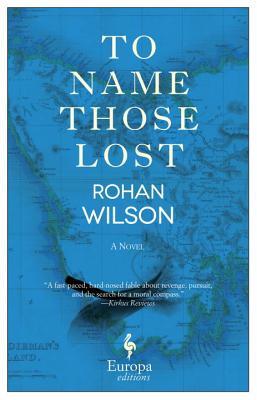What do you think?
Rate this book


240 pages, Paperback
First published February 7, 2017
"Her head hit the floorboard, bounced, and a fog of ash billowed, thrown so by the motion of her spade."This is William’s mother falling down near-dead from a standing position while sweeping the grate. Her son, William, races in shortly after with a growler of stolen brewery beer to give her, only to discover he needs a doctor instead. Racing away to find a doctor, William is waylaid by a cop who wants to put the twelve-year-old away for the brewery theft.
"History is the art by which we lead our lives."Once again Wilson has taken a historical moment in Tasmania, looked deeply into its components, and the whole thing bursts into life—into flame, as it were. We reimagine convict life in Port Arthur, the muddy streets of Deloraine, the bustle and insincerity of worldly Launceston…and real moral conundrum. Wilson has one of the ‘orphans’ stand in the shadows, observing the action, knowing more about motivations and outcomes than the combatants engaged in life or death struggle. That orphan can change everything. Will she?
"There is as much ruin comes from love as virtue…Do not follow that fool into his hole. He wanted more for you. You need to want more for yourself."Wilson won another award for this novel, the 2015 Victoria Premier’s Literary Award for Fiction. Definitely worthy of attention, his work is big: it encompasses large, important themes, and at the same time, is completely unique.